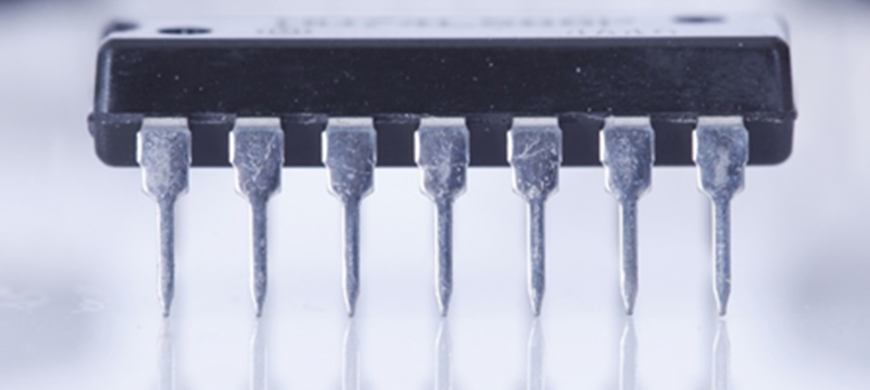
AI has revolutionised industries with groundbreaking data processing, decision-making, and automation. However, the intense computational demands, especially in machine learning (ML) and deep learning (DL), have raised concerns about energy consumption and environmental sustainability.
Did you know that AI technologies consume approximately 7% of the world's electricity—equivalent to India's annual usage? As AI continues to grow, it's crucial to explore more sustainable approaches to AI hardware. This is where analog chips come in as a promising solution.
Beyond energy use, AI's environmental impact includes the production and disposal of electronic hardware, leading to substantial electronic waste (e-waste) and environmental hazards. Cooling requirements for large data centres further exacerbate water use and environmental degradation.
Analog chips offer a viable solution by potentially saving substantial energy. Sustainable AI involves developing energy-efficient hardware and optimising algorithms to lower power consumption, and analog chips can play a key role in addressing these challenges.
Embracing analog chip technology could be a significant step toward achieving a more sustainable future for AI.
